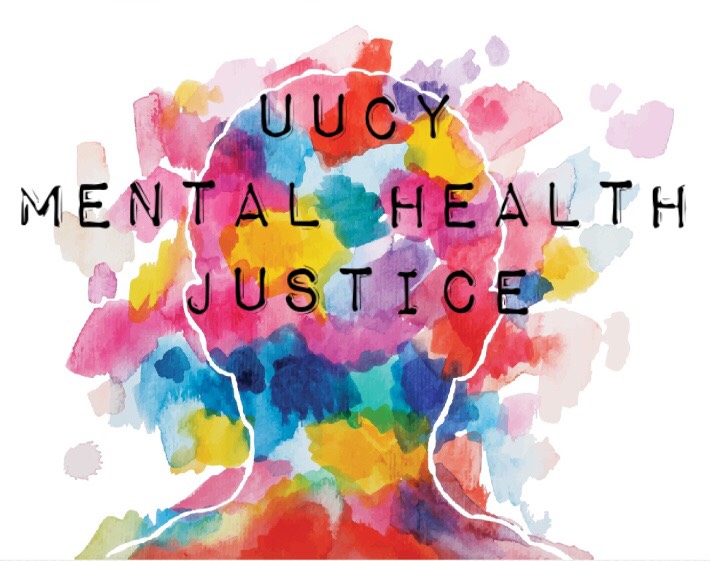Mental Health Justice Team
Our purpose: Inspired by the Unitarian Universalist second principle of justice, equity, and compassion in human relations, we strive to make our congregation completely absent from mental health stigma. We wish to educate members of our community on how mental illness can affect an individual, their family, and even the congregation at large. We want to tell the all too common stories of those who have a mental illness so we can understand mental health from different perspectives. We are a group that firmly believes a congregation should support one another and lift each other up rather than isolate others because they are different.
|
Our UUCY Mental Health Justice Team:
For ideas on community partnerships or to get involved by joining the conversation, contact Team Leader Cas Horne ([email protected]). |
What is Stigma and what does it mean to be "Stigma Free"?
Stigma is a mark of disgrace which results when a community labels an individual by their illness. These people often experience judgment, prejudice, and discrimination because of misconceptions surrounding their mental or physical health.
Stigma-Free is about decreasing the stigmatization and making those who are affected feel less disgraced about their illness. It means welcoming everyone, and accepting their illness as a part (rather than the whole) of the person. It also means creating hope for those who do suffer from a mental illness and creating an environment where they do not feel shame or judgement.
Stigma-Free is about decreasing the stigmatization and making those who are affected feel less disgraced about their illness. It means welcoming everyone, and accepting their illness as a part (rather than the whole) of the person. It also means creating hope for those who do suffer from a mental illness and creating an environment where they do not feel shame or judgement.






